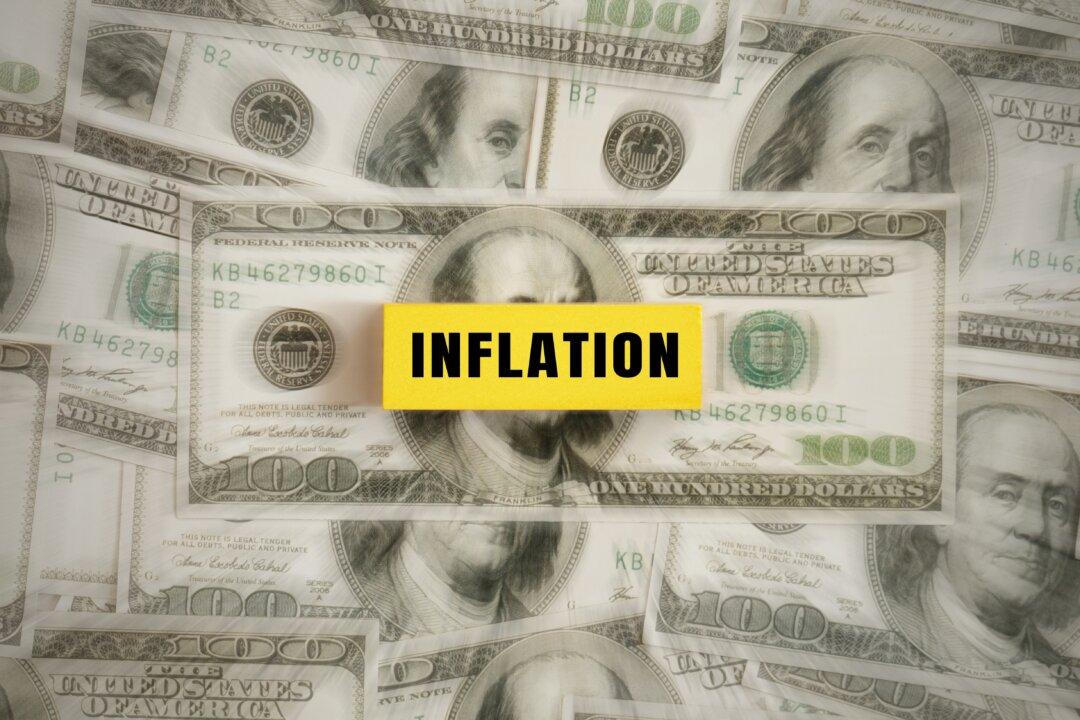No, you aren’t imagining things. Everything costs more than it did before, and these higher prices make it hard to balance the budget while saving and thinking about retirement. But you can stop inflation from deflating your savings!
In April, the Bureau of Labor released the latest data from the Consumer Price Index (CPI), revealing inflation’s steady creep upward hasn’t stopped yet. The rate of U.S. inflation climbed to a whopping 8.5 percent in March, marking this spike as the most significant increase in the cost of living in 4 decades.






